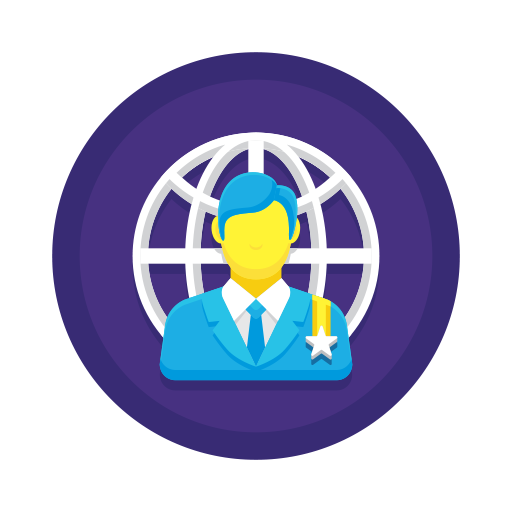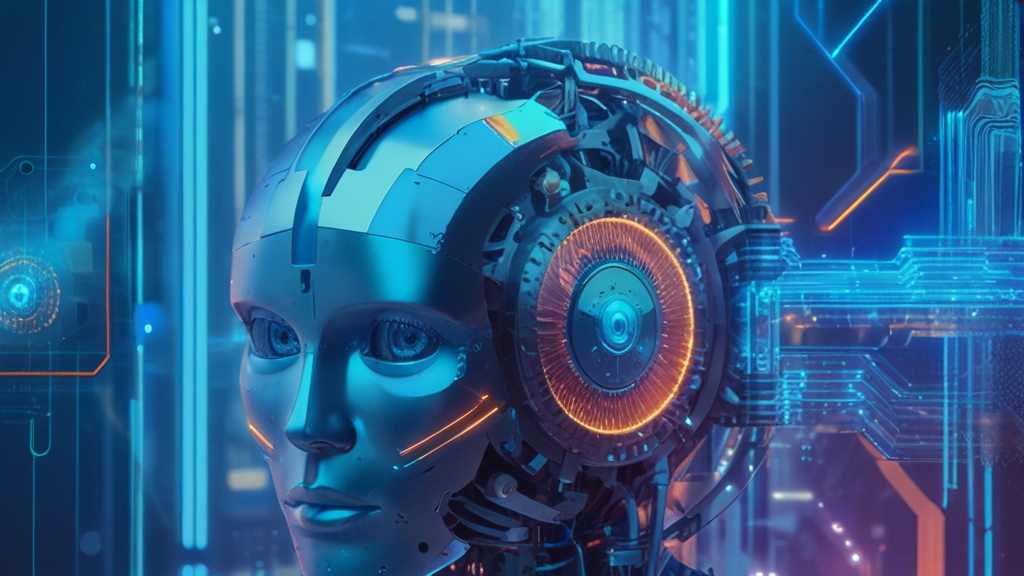AI Agents and Their Types are at the forefront of transforming technology interactions. From simple task automation to advanced reasoning systems, different AI agent types enhance efficiency and optimize workflows in various sectors. This blog explores these AI agents and their types, highlighting their roles and applications.
Simple Reflex AI Agents
How These AI Agents Work: Simple reflex AI agents use basic “condition-action” rules. They react to current situations with pre-set actions without considering past data. These agents are especially effective in predictable settings like basic manufacturing systems.
Impact on Industry: According to AI Trends, these reflex AI agents account for 25% of automation solutions and are becoming increasingly efficient. In homes, they control lighting by detecting presence, which saves energy and enhances user convenience.
Model-Based Reflex AI Agents
Functionality of These AI Agents: Model-based reflex AI agents take the current state and environment into account for decision-making. They rely on an internal model to handle changes effectively, ideal for adaptive traffic systems. This capability enhances their precision and adaptability.
Efficiency Gains: In logistics, model-based AI agents optimize delivery routes, reportedly improving efficiency by 40% (Forbes on AI). These agents are pivotal in real-time systems requiring dynamic responses, like navigation adjustments.
Goal-Based AI Agents
Specific Objective Pursuits of AI Agents: Goal-based AI agents are oriented towards achieving specific objectives. They use AI to evaluate actions to adopt the best path for a goal. This is critical in decision-making environments with multiple strategies.
Productivity Boosts: Implementing AI goal-based systems can enhance productivity by 60%, according to McKinsey & Company, especially in automated project management.
Utility-Based AI Agents
Complex Decision-Making with AI Agents: Utility-based AI agents assess actions through utility theory, factoring preferences and outcomes. They are suitable for decision-making with shifting priorities.
Application Scenarios: In e-commerce, these agents optimize dynamic pricing models, achieving a 70% boost in stock trading efficiency.
Learning AI Agents
Dynamic Improvement of AI Agents: Learning AI agents continuously enhance performance through interaction. They adapt from data to refine actions. Learning agents boost efficiency by over 50% (Gartner) in recommendation systems.
Use Cases: In autonomous driving, learning agents adjust to driving conditions, improving navigation and safety protocols.
Future Applications and Strategies for AI Agents
Industry-Wide Impact of AI Agents
AI agents continue to demonstrate their immense value across multiple industries, such as healthcare, finance, and logistics. In healthcare, learning agents are revolutionizing patient care by predicting health trajectories and personalizing treatments. These agents enable proactive health management, allowing healthcare providers to intervene before conditions worsen. By accurately analyzing patient data, AI agents help improve outcomes and reduce the likelihood of complications. In finance, model-based agents optimize trading algorithms and risk assessments, leading to more secure and profitable investments. Similarly, in logistics, AI agents streamline supply chain operations by optimizing routes and inventories, enhancing efficiency and significantly reducing costs.
Business Strategy and AI Agents
Platforms like Noem.ai are crucial for businesses that want to integrate AI agents effectively. These platforms provide tools and resources to tailor AI agents to specific operational needs. For instance, goal-based agents can be utilized to enhance customer service by effectively managing inquiries and automating follow-up tasks, thus freeing up human agents for more complex issues. This customization ensures that AI implementations align with overall business strategies and enhance service delivery. Through strategic AI deployment, businesses can remain agile, respond proactively to client needs, and harness competitive advantages in their sector.
Adapting to Market Changes with AI
AI agents, particularly learning agents, play a critical role in helping businesses swiftly adapt to market changes. By continuously analyzing customer interactions, these agents can provide valuable insights into consumer preferences and behaviors. This data allows businesses to refine their strategies and remain relevant in a constantly evolving market. In the digital marketing sphere, utility-based agents from Noem.ai enable marketers to develop precise and targeted strategies that enhance engagement and conversion rates. By leveraging AI analytics, marketers can optimize their campaign performance, using real-time data to adjust tactics and maximize impact.
Strategizing with AI Agent Solutions
Exploring AI agent solutions with platforms like Noem.ai equips organizations to handle contemporary challenges and capture new opportunities. By incorporating advanced AI technologies, businesses can transform their processes, adopt innovative practices, and foster sustainable growth. For instance, automation of routine tasks through AI integration allows companies to allocate resources more efficiently and focus on strategic initiatives. Additionally, AI agent solutions help businesses identify emerging trends and potential disruptions, empowering them to proactively strategize for future success. Companies that embrace AI-driven strategies will likely experience enhanced agility, improved decision-making, and increased competitiveness in today’s dynamic marketplace.









